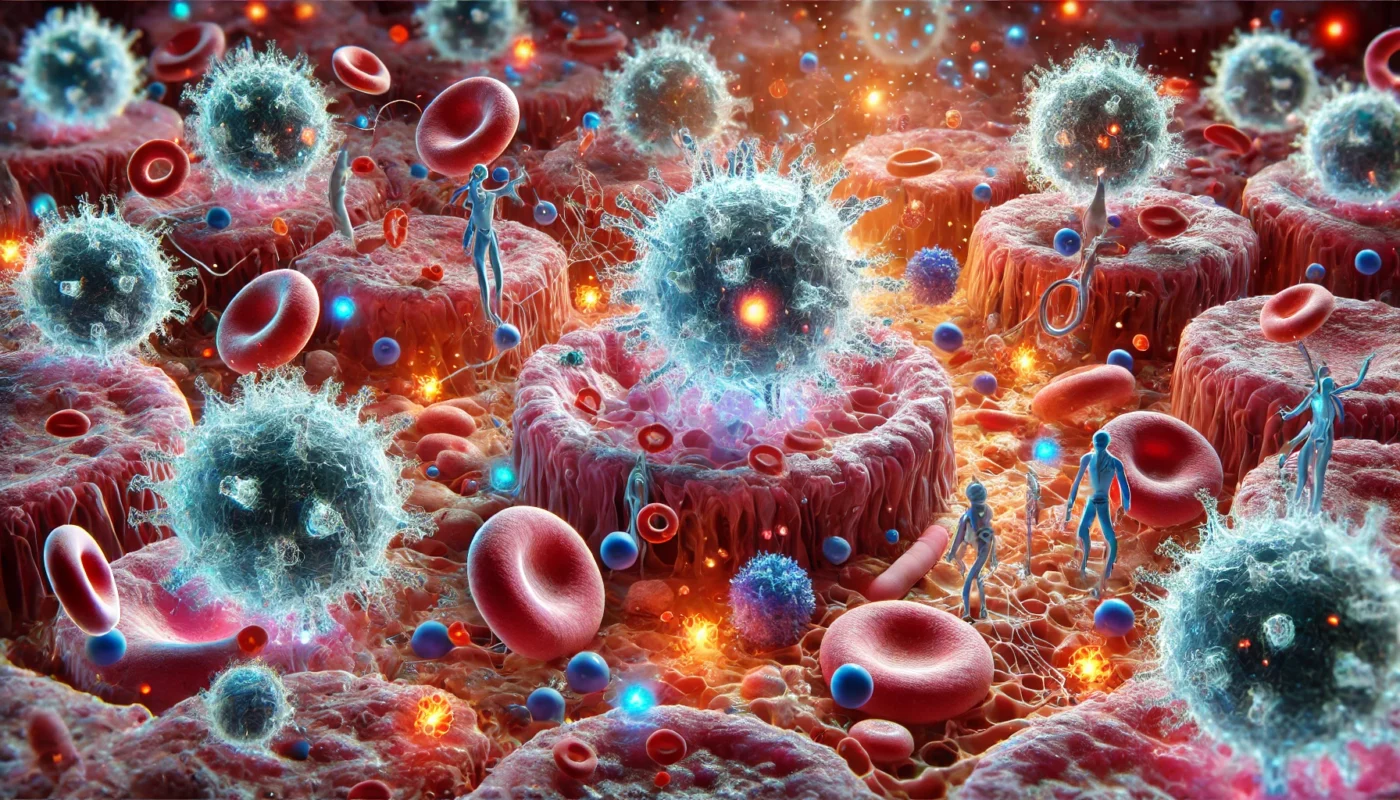Before diving into the specific foods to avoid, it’s important to understand how diet influences arthritis. Certain foods can trigger inflammation, a key factor in arthritis flare-ups. By identifying and eliminating these foods from your diet, you can potentially reduce inflammation and alleviate joint pain.
Inflammation is a natural immune response, but chronic inflammation can lead to a variety of health issues, including arthritis. When inflammation persists over time, it can cause damage to healthy tissues, contributing to the development and progression of arthritis. Understanding the biochemical pathways of inflammation can help in identifying the dietary triggers that exacerbate arthritis symptoms.
Certain foods can either promote or reduce inflammation. Pro-inflammatory foods can lead to the production of substances in the body that worsen inflammation, while anti-inflammatory foods can help reduce these substances. By making conscious dietary choices, individuals can manage their inflammation levels, potentially reducing arthritis-related pain and discomfort.










